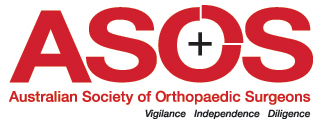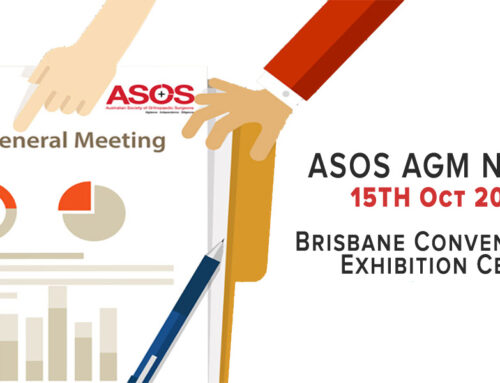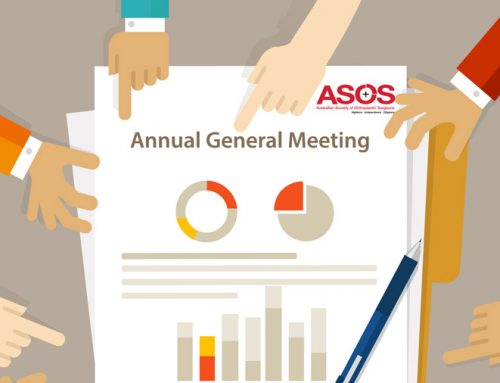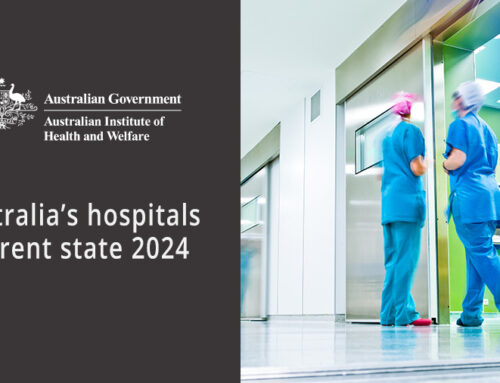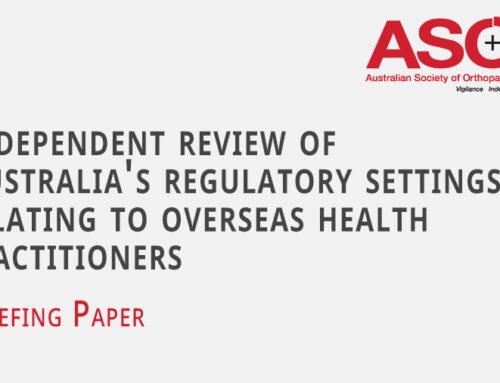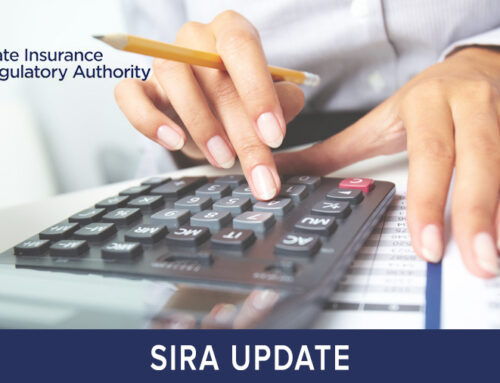Council Of Procedural Specialists: Media Release – 8.2.06
“Rushing to introduce radical changes to the health workforce based on the recent Productivity Commission Research Report may backfire”, Dr Don Sheldon, Chairman, Council of Procedural Specialists (COPS) said today. COPS released a 10 point public statement in response to the report.
Many aspects of the report need to be considered carefully including the admission by the Commission that it was unable to fully assess health sector productivity and efficiency, “overall, currently available information does not support the full assessment of health sector productivity and hence the efficiency of health service provision” (p 381).
While pushing the case for task substitution the Commission then qualifies itself with calls for a detailed “case by case assessment” and the establishment of an agency “to assess the contribution that such changes could make” (p 58) This is clear evidence that the Commission is uncertain and not convinced of the outcome of its own recommendations.
Chairman of the Australian Society of Orthopaedic Surgeons, Dr Gary Speck said in Melbourne, “that there is a big difference between delegation and substitution”. Task substitution means standing on your own two feet and taking total responsibility including legal liability for what you do. Delegation involves submitting to the authority of someone more competent than you. “Our members will not be placed in a situation where they are liable for the actions of others over whom they have no control”, Dr Speck said.
Dr Don Sheldon said the Commission had also acknowledged that it was not able to look into matters of health policy and health funding that have a significant impact on the productivity of doctors particularly in the public hospital sector. “This is a major frustration for doctors who are unable to fully utilise their skills in our public hospital system due to cuts in operating theatre time and lack of beds at critical times. Task substitution will not fix this”.
Dr Sheldon said claims of a future shortage of doctors had to be re-considered against the Commission’s finding that “on a doctor to population basis Australia is not markedly behind in regard to practising medical practitioners” and that “Australia’s (paid) health workforce has been growing considerably faster than the population “and that medical school and specialist training enrolments were running at record levels and that workforce forecasting is “fraught with danger”.
The existing arrangements of training and regulation have delivered what the Commission concedes is a great result. “Australians have among the highest life expectancies in the world – including when disability adjusted for years of good health. Yet total of health care spending as % of GDP is not overly high by advanced OECD standards”.
Dr Sheldon said, “Doctors value the work and contributions to patient care given by nurses and allied health professionals but are part of a separate profession which must remain separate in its teaching, practice and regulation to ensure best patient care and outcome. Whilst there are lesser standards elsewhere Australians should have the best.”
Council Of Procedural Specialists
PO Box 12, ARNCLIFFE NSW 2205
Telephone: 02 9567 7329 Facsimile: 02 9567 4681
